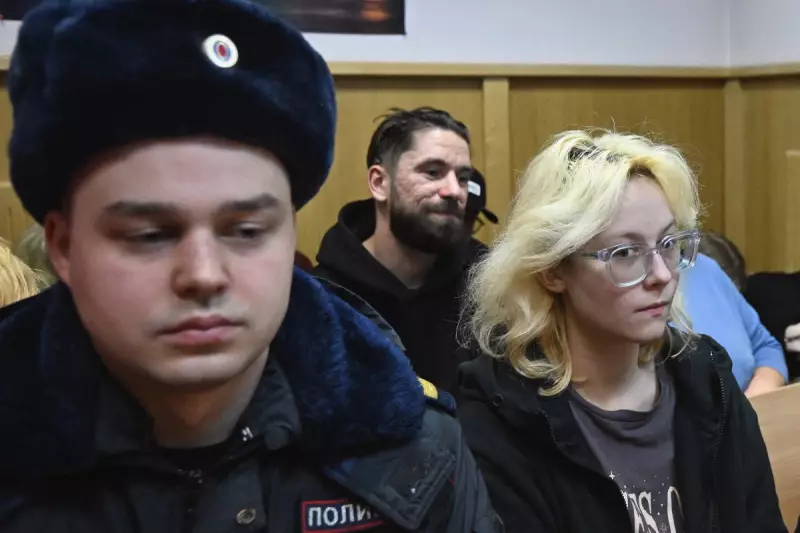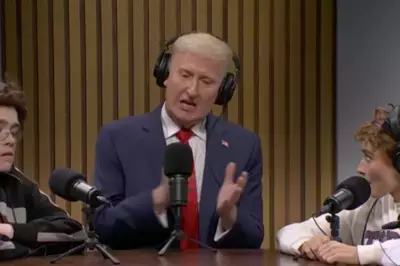
In a startling development that has sent shockwaves through Russia's activist community, authorities are now prosecuting individuals for participating in the symbolic 'Stop Time' protest movement. The case of Diana Loginova, who faces potential imprisonment for her involvement, highlights the Kremlin's increasingly harsh response to peaceful dissent.
The Silent Protest That's Making Loud Waves
The 'Stop Time' initiative represents one of the most creative forms of anti-war protest to emerge in Russia. Participants simply pause and stand still in public places, holding imaginary clocks or making time-stopping gestures. This silent, non-confrontational method was designed to avoid direct confrontation with authorities while making a powerful political statement.
However, as Diana Loginova's case demonstrates, even this most peaceful form of protest is now being met with severe consequences. Legal experts express concern that the prosecution of such symbolic acts represents a significant escalation in the suppression of fundamental freedoms.
A Disturbing Legal Precedent
What makes Loginova's case particularly alarming is the legal framework being used to target participants. Authorities are employing broad anti-extremism laws and legislation against 'discrediting' the Russian military to criminalise what amounts to standing silently in public.
The implications are profound: if standing still can warrant prison time, what space remains for legitimate protest in today's Russia?
The International Community Watches With Concern
Human rights organisations across Europe are monitoring these developments with growing alarm. The prosecution of 'Stop Time' participants signals that no form of dissent, however subtle or symbolic, will be tolerated by the current regime.
As one human rights advocate noted, "When silence becomes a crime, we're witnessing the complete closure of civic space."
The case continues to unfold as international observers question how far the crackdown on basic freedoms will extend, and whether creative forms of protest can survive in an increasingly restrictive political climate.





